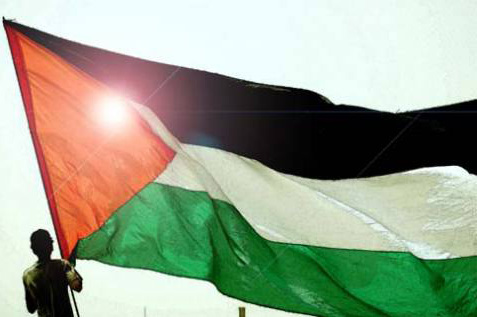IN THE MEDIA
UN call will not end this crisis
June 27, 2011 | Sharyn Mittelman

By Sharyn Mittelman
Canberra Times – 27 Jun, 2011
The Palestinian Authority is busily lobbying European nations to support a unilateral declaration of a Palestinian state by the United Nations this September. The reconciliation between Hamas and Fatah appears to be targeted towards the same end. As such, it is worth considering what the outcome of such a move would be. Would it create a Palestinian state in accordance with international law? Would it end the Israeli-Palestinian conflict?
The answer to both these questions is likely to be no. The UN General Assembly cannot by itself establish or recognise a state, rather it can admit new members to the UN but only after being nominated by the UN Security Council, where any of the five permanent members could cast a veto. The US has strongly hinted that it may veto the nomination with President Obama saying on May 19: ”Symbolic actions to isolate Israel at the United Nations in September won’t create an independent state.”
The UN General Assembly has already recommended the creation of a Palestinian State in December 1988 and in December 2008. Neither of those resolutions created a Palestinian state. Recognition of a Palestinian state by the UN is also a violation of existing agreements between Israel and the Palestinians in the Oslo Accords. Oslo II (1995) established that ”neither side shall initiate or take any steps that will change the status of the West Bank and Gaza Strip pending the outcome of permanent status negotiations.”
The Palestinians are planning to request that the UN recognise a Palestinian State within the ”1967 lines”. The 1967 lines are based on the 1949 Armistice Agreements entered into by Israel and its Arab neighbours, which stated that these lines ”are without prejudice to future territorial settlements or boundary lines or to claims of either Party relating thereto.” These are not and have never been internationally recognised borders.
Legality aside, it is self-evident that a unilateral resolution would not bring peace. More likely, it would cause confusion and tension between neighbours, leaving neither Israel nor the Palestinians with secure boundaries. The Israeli Army would be bound to take steps to assure the safety of its citizens, including those in settlements. Fundamental issues that have been a significant roadblocks to peace including the status of Jerusalem’s holy sites, infrastructure connecting the West Bank and Gaza and the ”right of return for Palestinian refugees” would remain unresolved and would likely be a source of ongoing tension, if not violence.
On the other hand, it is very clear the Palestinians can achieve statehood through negotiations with Israel. The PA has been offered a Palestinian state by Israeli prime ministers Olmert and Barak, but has rebuffed these offers. The 2008 Olmert ”package” included: a territorial solution offering the Palestinians territory equivalent of the 1967 borders, with ”land swap” modifications on both sides and Jerusalem divided, with east Jerusalem Arab neighbourhoods under Palestinian sovereignty. Israel offered to accept an agreed number of refugees for five years on humanitarian grounds, and to support the creation of an international fund that would compensate all the refugees.
A core reason why the PA rejected these offers for statehood was because it has refused to relinquish its claim to a ”right of return” to Israel for descendants of 1948 refugees. Israel will not accept a right of return for all Palestinian refugees because it would likely end its existence as a nation-state of the Jewish people. Nevertheless as outlined above it has sought a resolution for Palestinian refugees.
So why is the Palestinian leadership now pursuing this strategy? The Palestinian leadership is still unable or unwilling to accept the logical basis that must apply to any peace agreement, which must be, as US President Obama puts it recently ”two states for two peoples: Israel as a Jewish state and the homeland for the Jewish people, and the state of Palestine as the homeland for the Palestinian people.” A UN General Assembly resolution will be largely of symbolic value only ultimately it is a distraction from and obstacle to the more difficult task of negotiating a mutually agreeable outcome. That task remains the only realistic option for viable Palestinian statehood and a lasting and stable peace.
Sharyn Mittelman is a policy analyst at the Australia/Israel & Jewish Affairs Council.
Tags:





